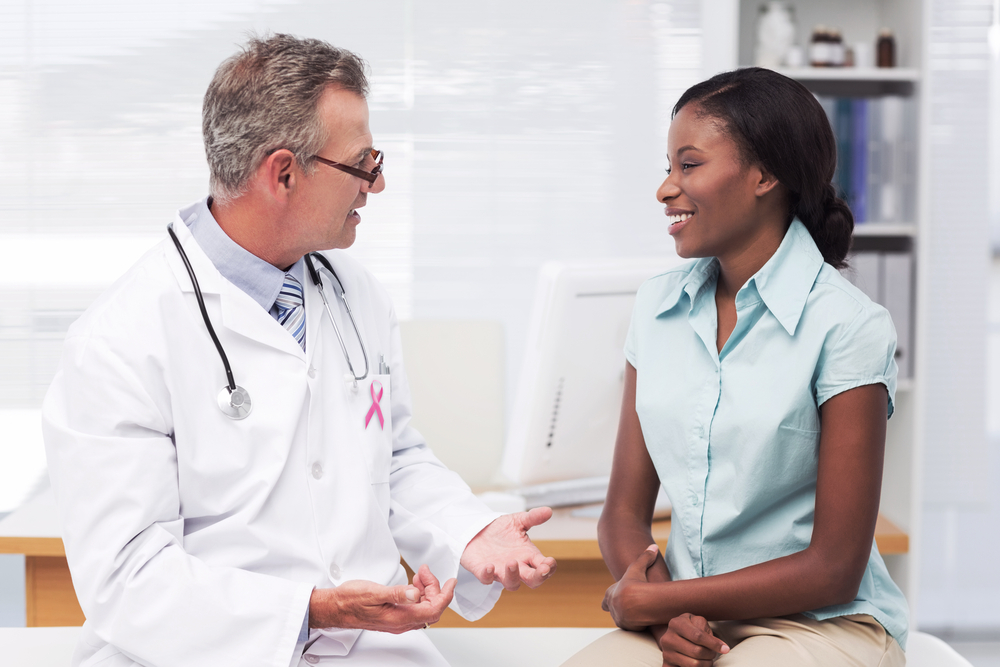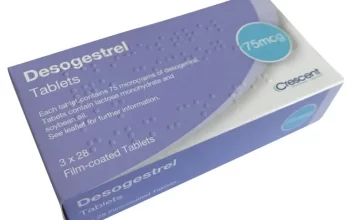There are plenty of illnesses which used to be deadly and took countless lives over the ages, which we can now cure and prevent.
However, that doesn’t mean that we are living in a perfect, illness-free world. Sadly, with the rise of modern life, many new illnesses have developed and we now have to deal with epidemics of diabetes and similar illnesses.
However, none is as deadly and as poorly understood by the general population as cancer. We still cannot cure cancer, which makes it a truly serious illness and one which people fear.
Cancer research experts at Odonate Pharmaceuticals work tirelessly to create viable treatment options for cancer patients, but they point out that the sooner the cancer is detected, the better the chance of defeating it.
That’s why cancer screenings are so important – they enable doctors to find cancer in its early stages. If caught early, there are many more options to fight cancer, as opposed to a late stage discovery.
Here are some of the most important cancers that are screened for.
Lung Cancer
One of the most dangerous and indiscriminate cancers is lung cancer. Even though it is typically portrayed as affecting people who smoke tobacco (which it certainly does), lung cancer can affect just about anyone.
Naturally, heavily polluted areas are the most affected, but lung cancer can be as much a genetic as it is an environmental illness.
Generally, most experts recommend lung cancer screening to smokers and people who quit smoking but used to smoke quite heavily. Even people who are in good general health should consider screening, especially past 50 years of age.
Prostate Cancer
Prostate cancer, although not uncommon, is far less well understood than lung cancer or breast cancer. However, doctors generally don’t recommend younger people screen for this illness because it is rare for their age.
This recommendation comes with a stipulation that if you had a close relative who contracted this type of cancer, you should certainly have yourself tested as well.
People older than 50, on the other hand, should start getting tested, though. There is a blood test which can help determine how much at risk you are of this illness, which should let your doctor know how often you need screening.
Breast Cancer
Breast cancer is a really pervasive type of cancer and an aggressive one at that. That makes breast cancer screening one of the most important types of cancer screening for women. Even though it can occur in men, breast cancer is overwhelmingly an illness afflicting women.
Doctors recommend checking yourself for lumps and nodules, but regular doctor’s appointments to screen for breast cancer are typically recommended around age 40.
Having a mammogram testing once a year, and then switch to twice a year at around 55 years of age. Naturally, if you have a close family member who suffered from this illness, you should keep a closer look at this nasty type of cancer.
Rectal and Colon Cancer
If you don’t have any relatives or if you are not in a high-risk group of colon and rectal cancers, most doctors will recommend that you start paying closer attention and going to screenings at around 45.
You should continue with regular exams (either visual or stool-sample exams) until the age of 75. At that time, the risk of this type of cancer drops significantly.
Screening for these types of cancer is really important for anyone. However, if there is specific cancer that affected someone in your family, you should absolutely include that illness into your regular screenings to protect yourself from cancer.











